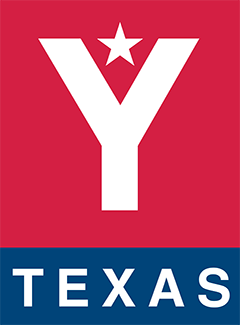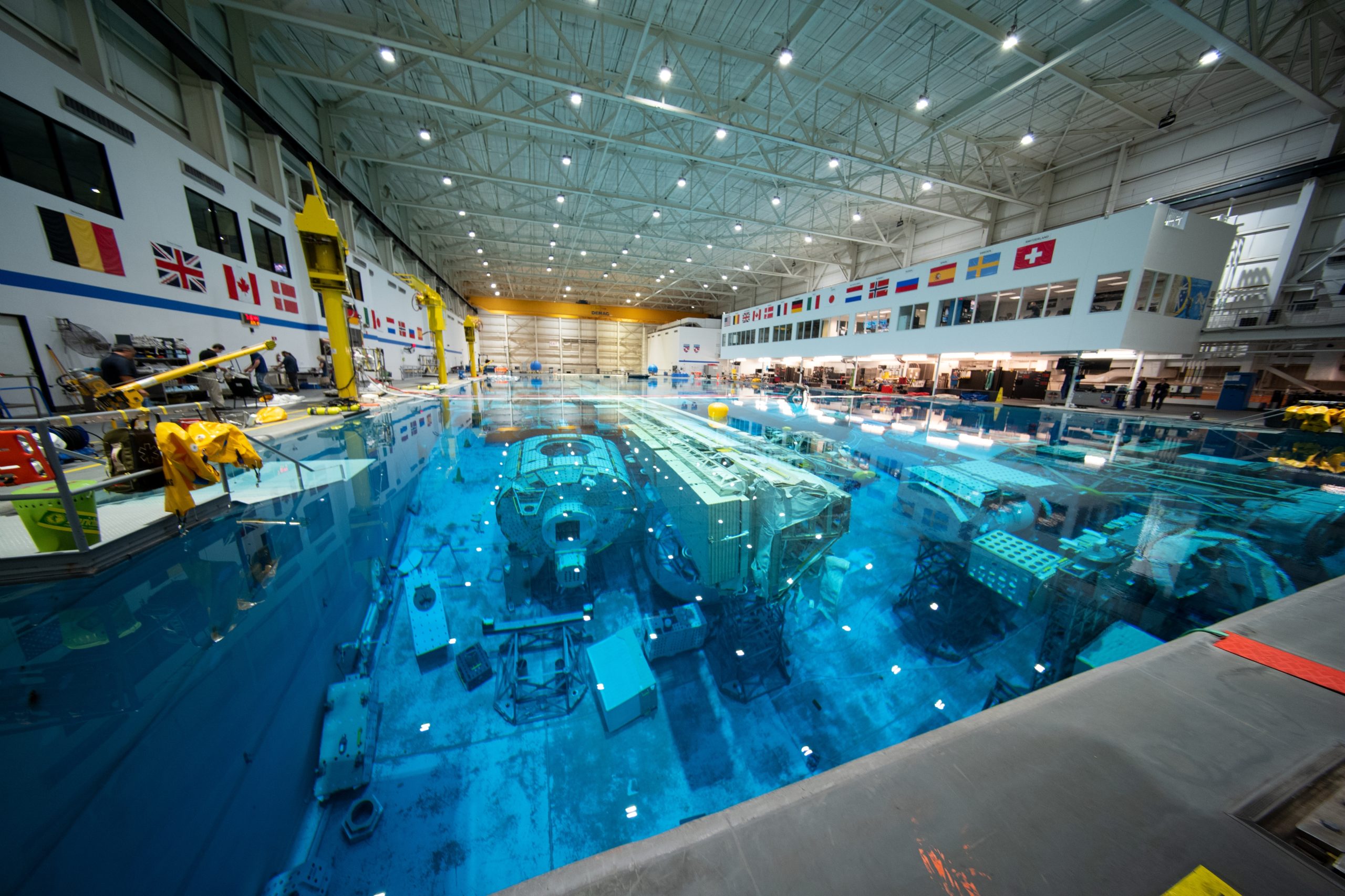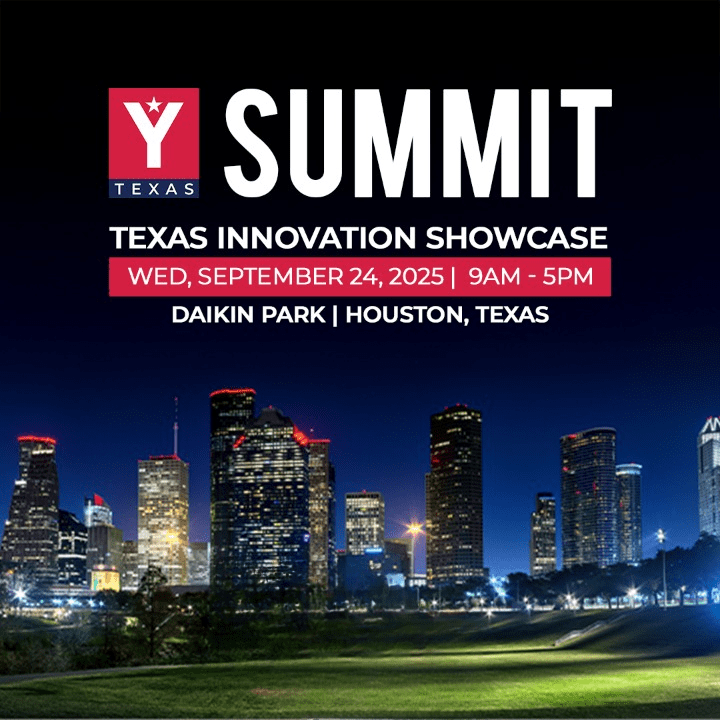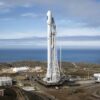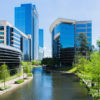By Jeff Bounds, Editor – YTexas
February 22, 2021
A half-century after bringing the term “mission control” into common use, the region is attracting companies that are building better ways to send people and freight into the cosmos.
Houston became known as “Space City” because it is home to the NASA’s Johnson Space Center, which in the 1960s managed the first flights carrying men to the moon.
Today, the metro area is leading the corporate push both to support the space agency’s efforts and to use interstellar areas for launching new products and services.
Houston’s Spaceport in December announced that aerospace company Axiom Space will bring more than 1,000 jobs to the region through a 14-acre headquarters campus, where it will train private astronauts and start production on the world’s first free-flying, internationally available private space station.
Axiom’s campus will sit in the Spaceport’s 150-acre first phase of infrastructure like streets, water, electrical power and fiber optics in the south quadrant of Ellington Airport.
Buildout of the $21 million first phase, which included 53,000 square feet of lab, manufacturing and office space, wrapped up shortly before the Axiom announcement.
Axiom will join Spaceport residents like Intuitive Machines, which has a NASA contract worth nearly $80 million to land a robotic vessel on the moon.
The pact calls for Intuitive to develop and launch its Nova C ship, slated to carry NASA and private experiments to the lunar surface.
“We are talking to a number of other companies—I’m not at liberty to discuss them—in manufacturing of space components and even aviation products of aircraft,” said Mario Diaz, Director of Aviation at the Houston Airport System, which includes Ellington.
Speaking at September’s YTexas Summit, Diaz said the airport system is working on an aerospace technical training center with schools like Texas A&M, the University of Houston and Texas Southern University.
“We will be building this at the Ellington Spaceport for young people to learn things like robotics, graphite composite technology — all the things needed to support an aerospace economy in the city of Houston,” Diaz said.
Johnson Space Center’s new projects
Johnson Space Center (JSC) is seeking commercial partners for space flights where astronauts live and operate on other celestial bodies — including Mars.
It is now working on the Artemis program, which aims to land the first woman and next man on the Moon by 2024.
That mission will include seeking water, building a sustainable base, and investigating the Moon’s mysteries, according to Nicholas Skytland, Deputy Chief of JSC’s Exploration Technology Office.
“Technology really drives exploration,” Skytland said at the Summit. “We have commercial partnerships and a lot of activity in areas like advanced propulsion systems and precision landing. How do we excavate material we find on the moon and construct habitats? How do we live in these extreme environments?”
NASA is thus looking at the design of everything from spacesuits to living areas, Skytland said. “We need these small startups that are thinking innovatively, challenging the status quo, and advancing the technology.”
NASA’s largest service provider, Jacobs Engineering Group Inc, moved its headquarters to Texas about four years ago.
“If you’ve never been to a rocket launch, it’s a life-changing experience,” said Jacobs’ Steve Clarke at the Summit. “It will get you excited about the industry like nothing else.”

